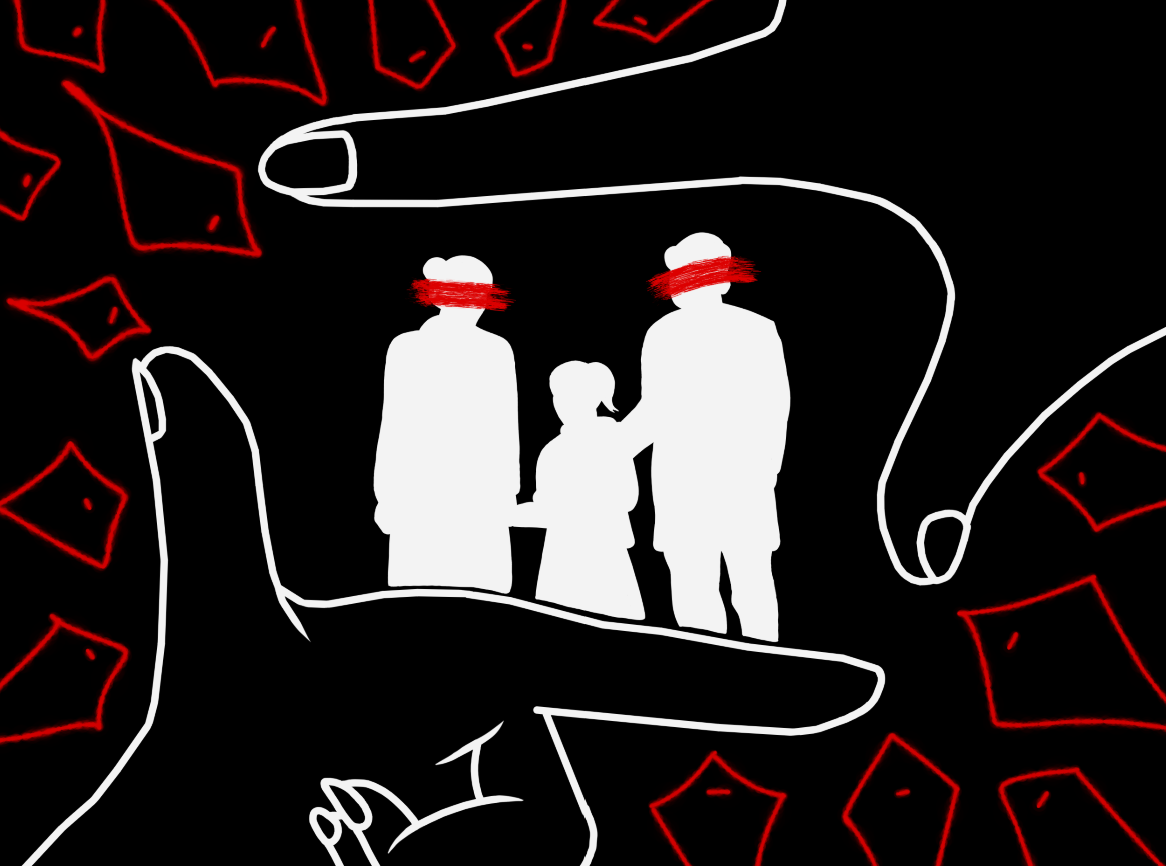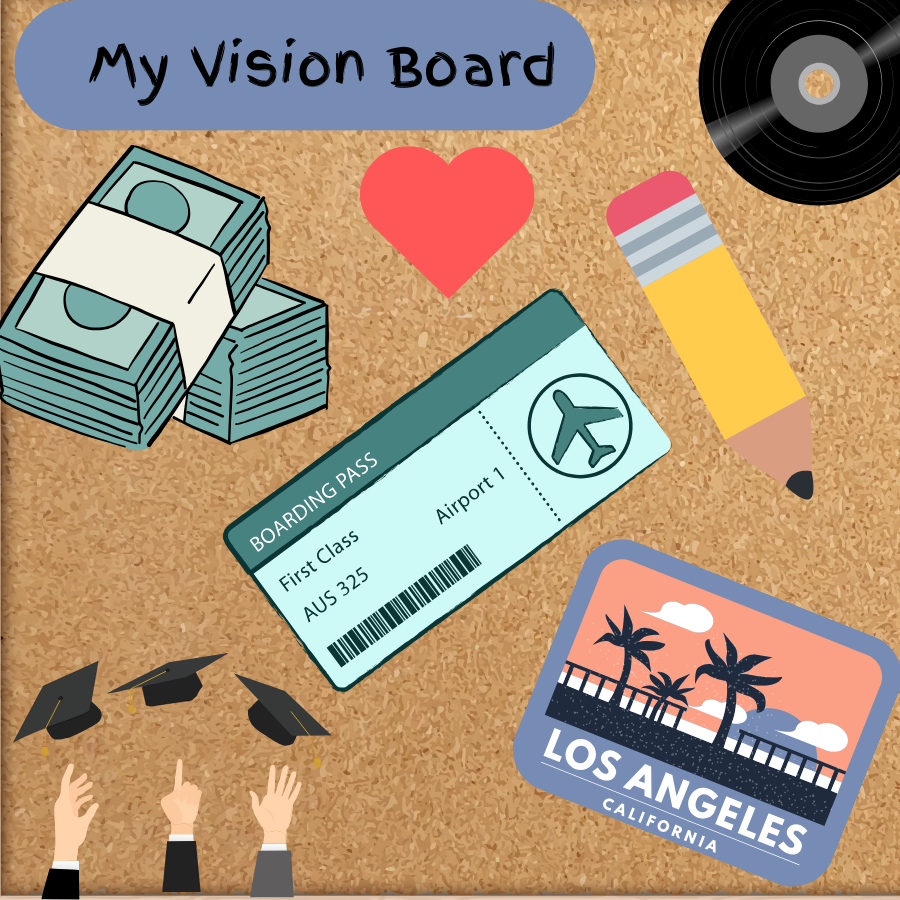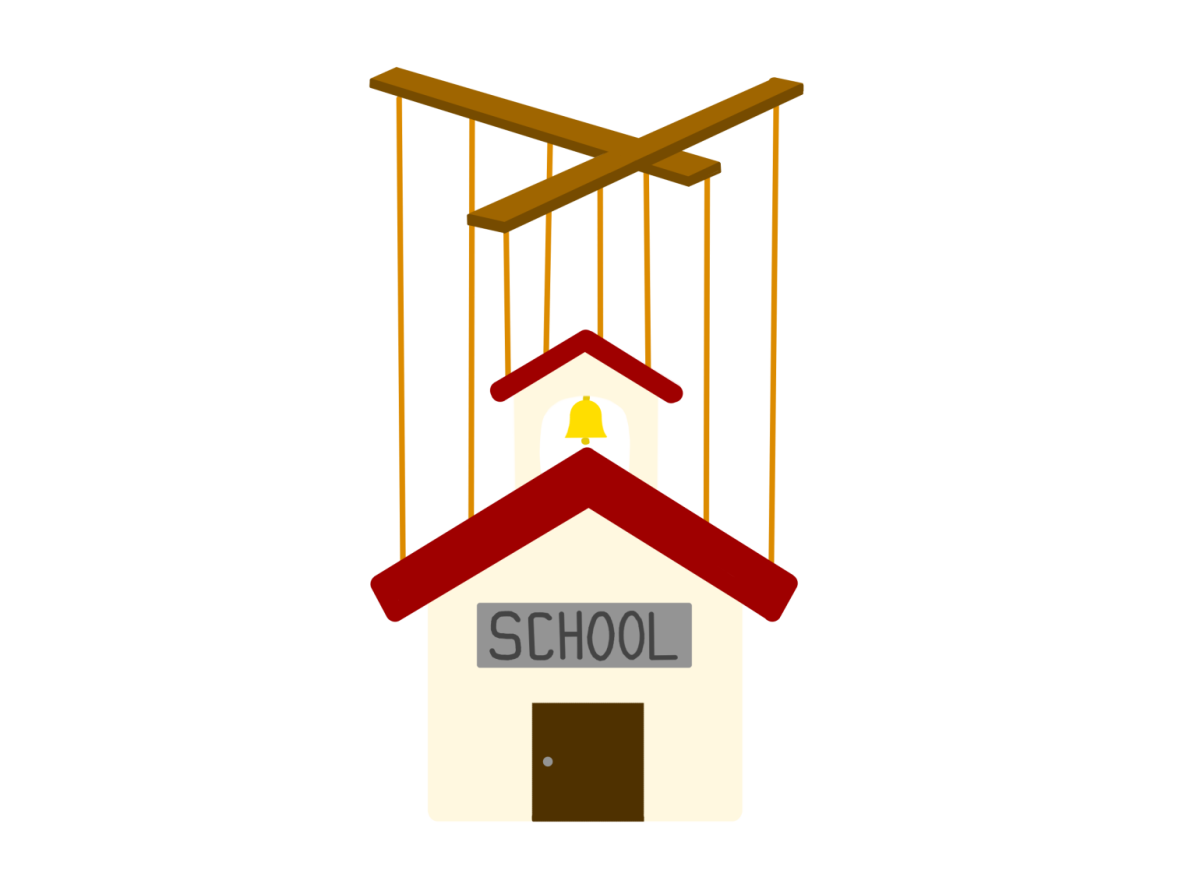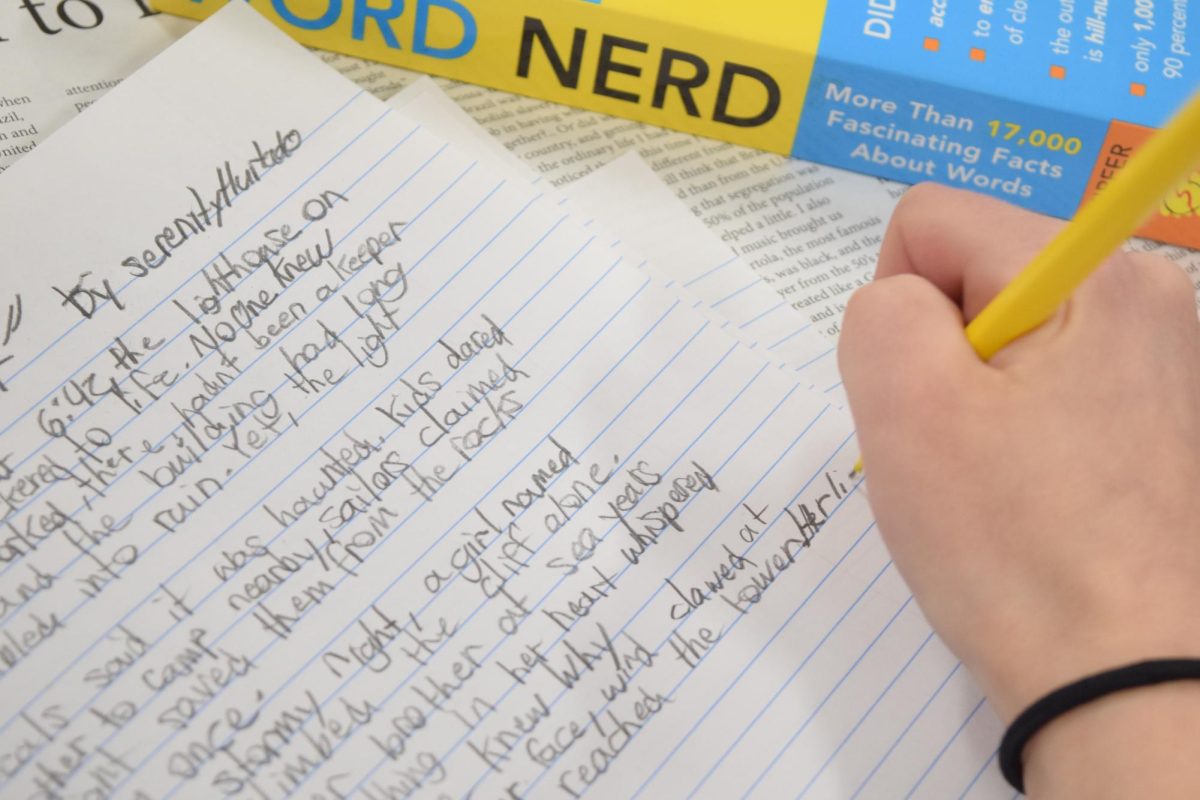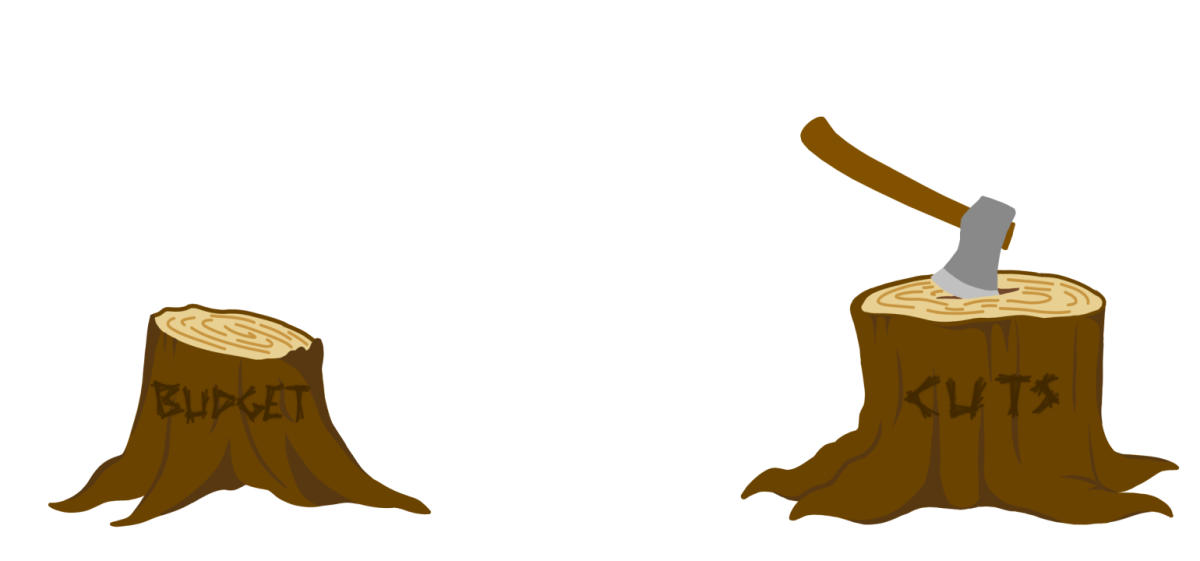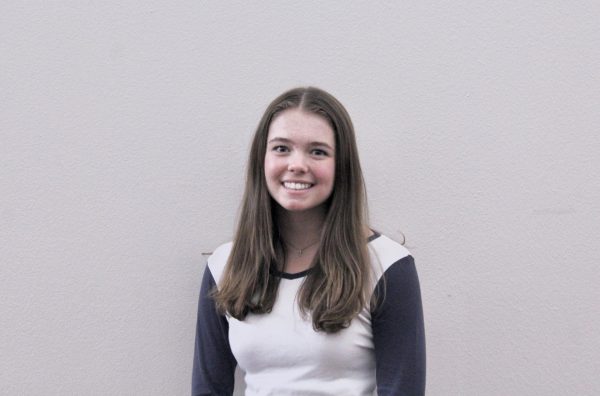How would you feel living your entire childhood with an audience of faceless, nameless people? Everything you say, think, or do, with a camera shoved in your face. Imagine every birthday, holiday, family dinner with thousands of strangers watching. Imagine growing up and finding thousands of suggestive comments about your six year-old self. Imagine having to confront your parents about the content they posted about you when you were just a child.
Until recent years, having an entire career based around the internet was never an option. But with the ‘creator economy’ now being valued at 250 billion dollars, according to the Washington Post, this lifestyle is a fast-growing business.
Thousands of people are switching over to a life in front of the camera in order to make a quick buck, and it doesn’t seem like a horrible idea. Who wouldn’t want to have a seemingly easy job, while making thousands of dollars, and getting praise from countless online fans? But, like everything on social media, the line between good and bad is blurred and unpredictable.
One of the main outcomes of this sudden need for internet fame in the past decade is the ever-rising number of accounts run by parents. They are impossible to avoid, no matter what platform you are on. Families like “The Dougherty Dozen,” and “Not Enough Nelsons,” are only a few of the dozens who have devoted their lives to exploiting their children for profit.
These families share virtually everything with their online followers, trying to provide relatable, funny content. But not everything needs to be shared online, and some of these parents have a hard time protecting themselves and their kids.
Some creators like “The Labrant Fam” and “Ten Kids in 10 Years” are not only an invasion of privacy, but just outright sketchy, making uncomfortable content that doesn’t seem as innocent and yet goes unregulated.
I have never enjoyed seeing accounts like these while I’m using social media, and I wouldn’t think many teenage social media users would. It seems most of the viewers of these families are not the demographic they are catering to.
Very few regular people would enjoy watching videos of children who are obviously being exploited and sexualized. The scariest thing about these accounts is that even the ones appearing the most innocent and lighthearted are still providing a stream of content for child predators.
It is so easy for this content to reach the wrong audience, and there is very little that can be done to regulate where what we post goes. Parents should always assume that their content can and will reach the wrong people.
One of the main problems with adults posting their children on social media is that it exposes them to predators against their own will. The people who would usually have to go through many stages of persuasion and grooming to get the images they want from young kids don’t have to do anything, these accounts just provide them with it for free.
Some parents posting online know this, and they purposely make content to provide to these predators in order to get more views. Even slightly regulating these parents could result in a huge decrease in the amount of kids exploited on the internet.
Recently, a social media mom has been exposed online for creating content directly catering to online predators. “Wren.eleanor” is a Tik Tok account with almost 17 million followers. It features Jacequlyn, a young mom who posts videos of her toddler, Wren, doing extremely suggestive things. Her comment sections are full of faceless accounts leaving vulgar, inappropriate comments and the most suggestive videos have thousands of thousands of saves.
Currently this account has no videos, but there isn’t any way to know where they have gone and if they are still accessible. Banning this account was positive but these videos were up for too long in the first place.
Parents like these are the reason regulations should be put in place against these accounts. It is difficult to pinpoint the intentions of parents when it comes to social media, but it isn’t hard to predict what predators will do with content that is posted. It is one thing to put yourself in a position to be sexualized, it is entirely different putting an innocent child in the hands of thousands of predators on the internet.
Online moderators should flag these sooner so harmful accounts can be shut down before they reach a dangerous audience. While we can’t stop parents from making this content, we can stop it from getting into the wrong hands.

